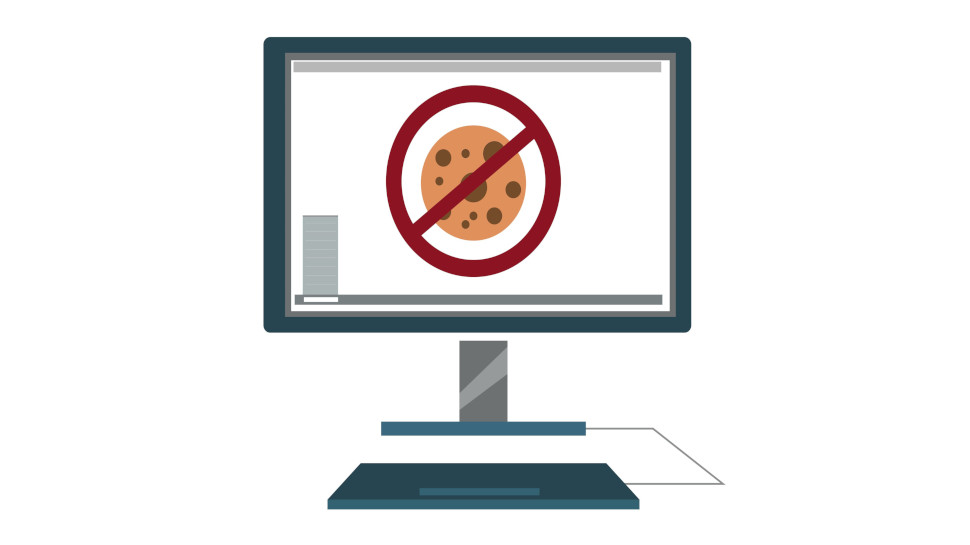You're not wrong - websites have way more trackers now
Most trackers belong to the usual suspects

Sign up for breaking news, reviews, opinion, top tech deals, and more.
You are now subscribed
Your newsletter sign-up was successful
The average website has 48 trackers monitoring every visitor’s every move and compiling sensitive data, shocking new research has claimed.
The findings from NordVPN also suggest that with so many trackers, websites are putting their visitors at plenty of risk of identity theft.
Using three different tracker blockers (Brave, Privacy Badger, and uBlock Origin) , analysts for the company measured the number of trackers (cookies or tracking pixels) present across the 100 most popular websites in 25 countries around the world, as according to SimilarWeb.
Tracking overload
Social media websites seem to be the worst of the bunch, with the average site containing 160 trackers. Health websites take up second place, with 46 trackers on average. Digital media sites are fitted with 28 trackers on average.
At the other end of the spectrum are government websites and those offering adult content, having just four, and one tracker, per website - respectively.
Recognizable third parties were found to own most of these trackers. Almost a third (30%) belong to Google, 11% to Facebook, and 7% to Adobe, with the data often being used for marketing purposes.
“The number of website trackers depends mostly on data-protection laws in a country. That is why in Central and Northern Europe, where GDPR rules are applied, websites have fewer trackers,” said Daniel Markuson, a digital privacy expert at NordVPN.
Sign up to the TechRadar Pro newsletter to get all the top news, opinion, features and guidance your business needs to succeed!
“However, the situation is completely different in the USA, where no singular law covers the privacy of all types of data in all states.”
For NordVPN, the problem with collecting this data is that it can be used to profile the users in great detail. The profile is then sold to advertising companies, whose ads “follow” the users around the internet to collect even more data.
Worse still, cybercriminals might get their hands on this data at any point, and could then use this data in phishing attacks that use a victim's in-depth personal profile to appear authentic, making them more likely to fall for the ruse.
Markuson suggests that, to become less trackable online, users should use a VPN service, as well as install tracking blocker extensions and use an anonymous browser.
- Here's our list of the best secure smartphones right now
Sead is a seasoned freelance journalist based in Sarajevo, Bosnia and Herzegovina. He writes about IT (cloud, IoT, 5G, VPN) and cybersecurity (ransomware, data breaches, laws and regulations). In his career, spanning more than a decade, he’s written for numerous media outlets, including Al Jazeera Balkans. He’s also held several modules on content writing for Represent Communications.